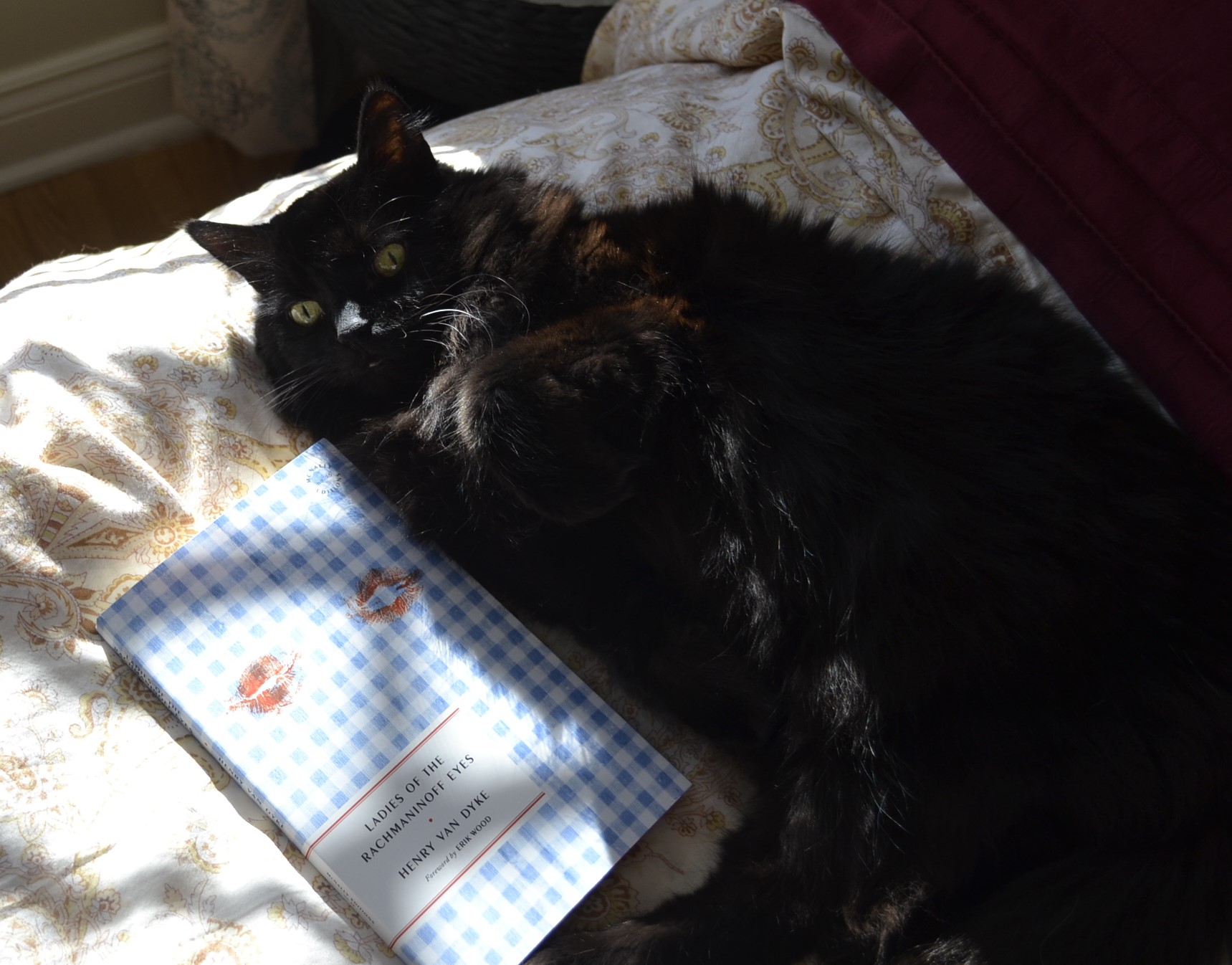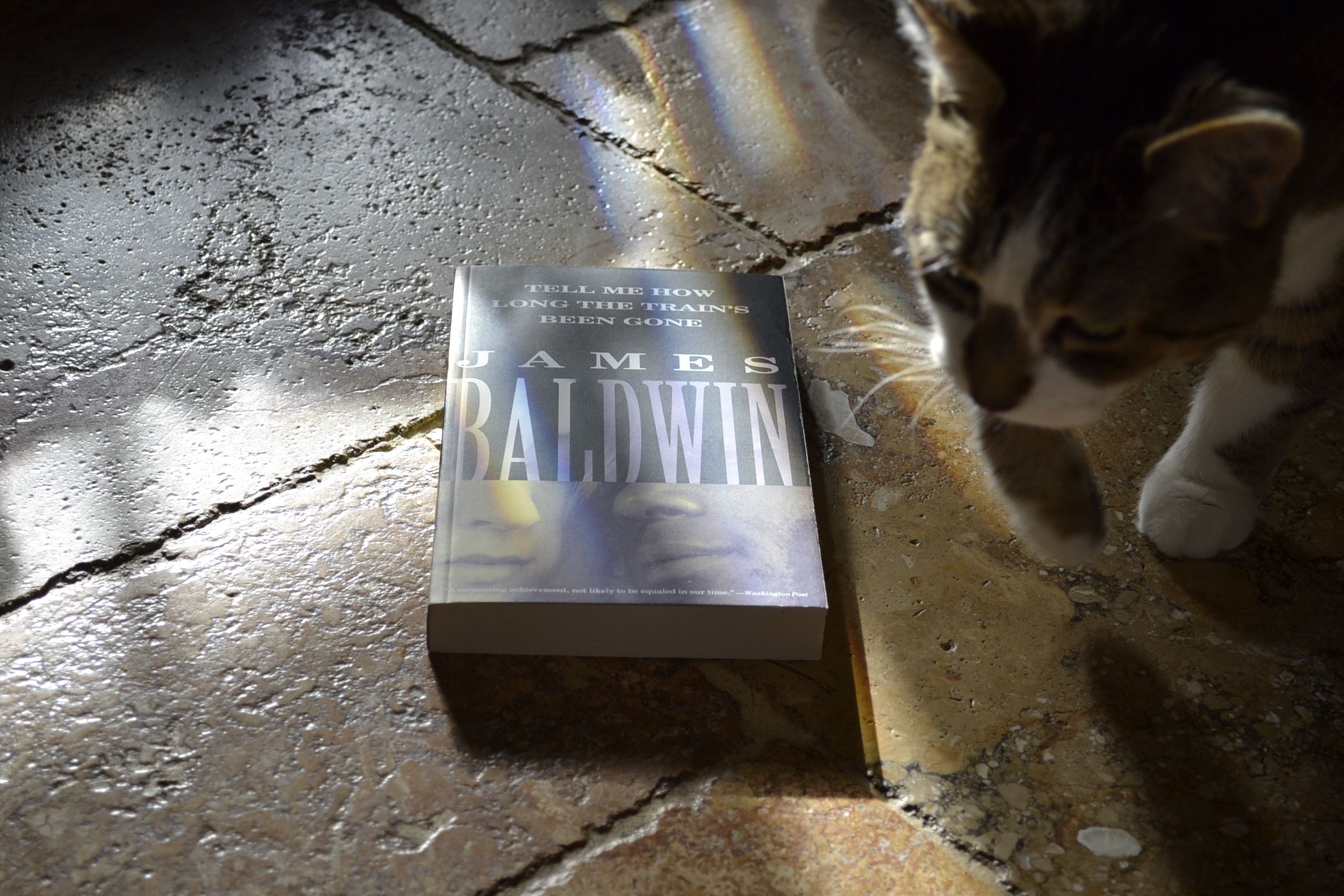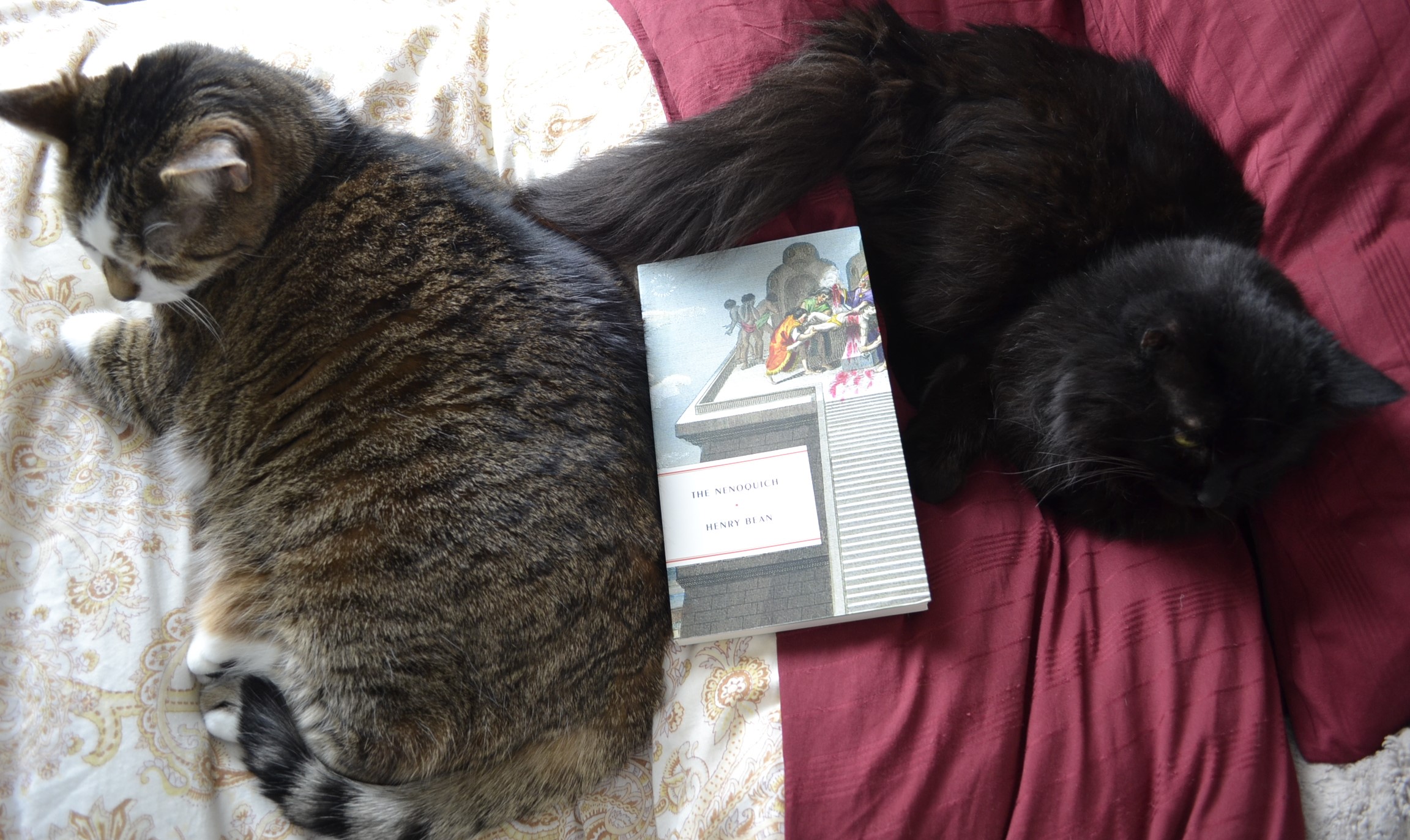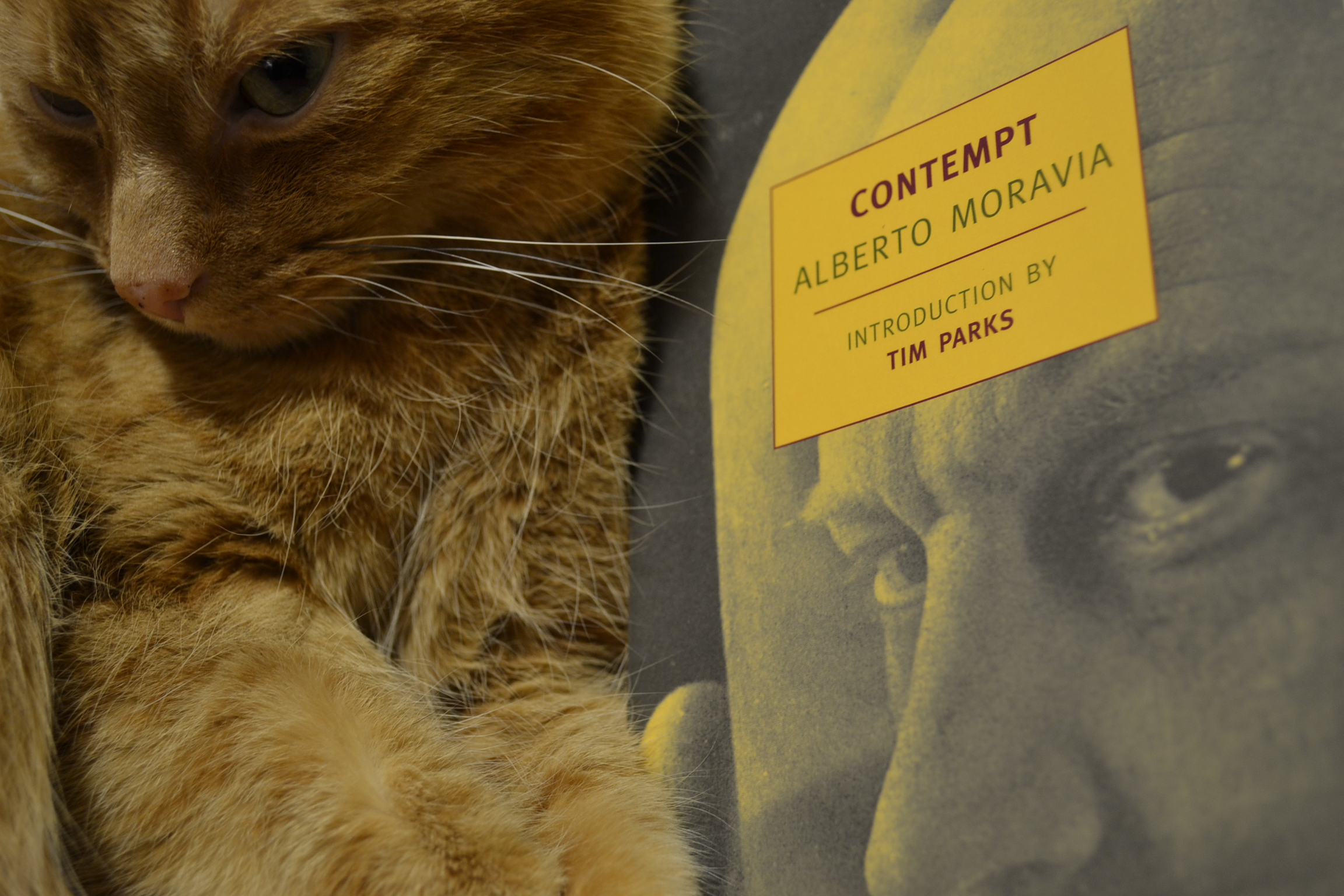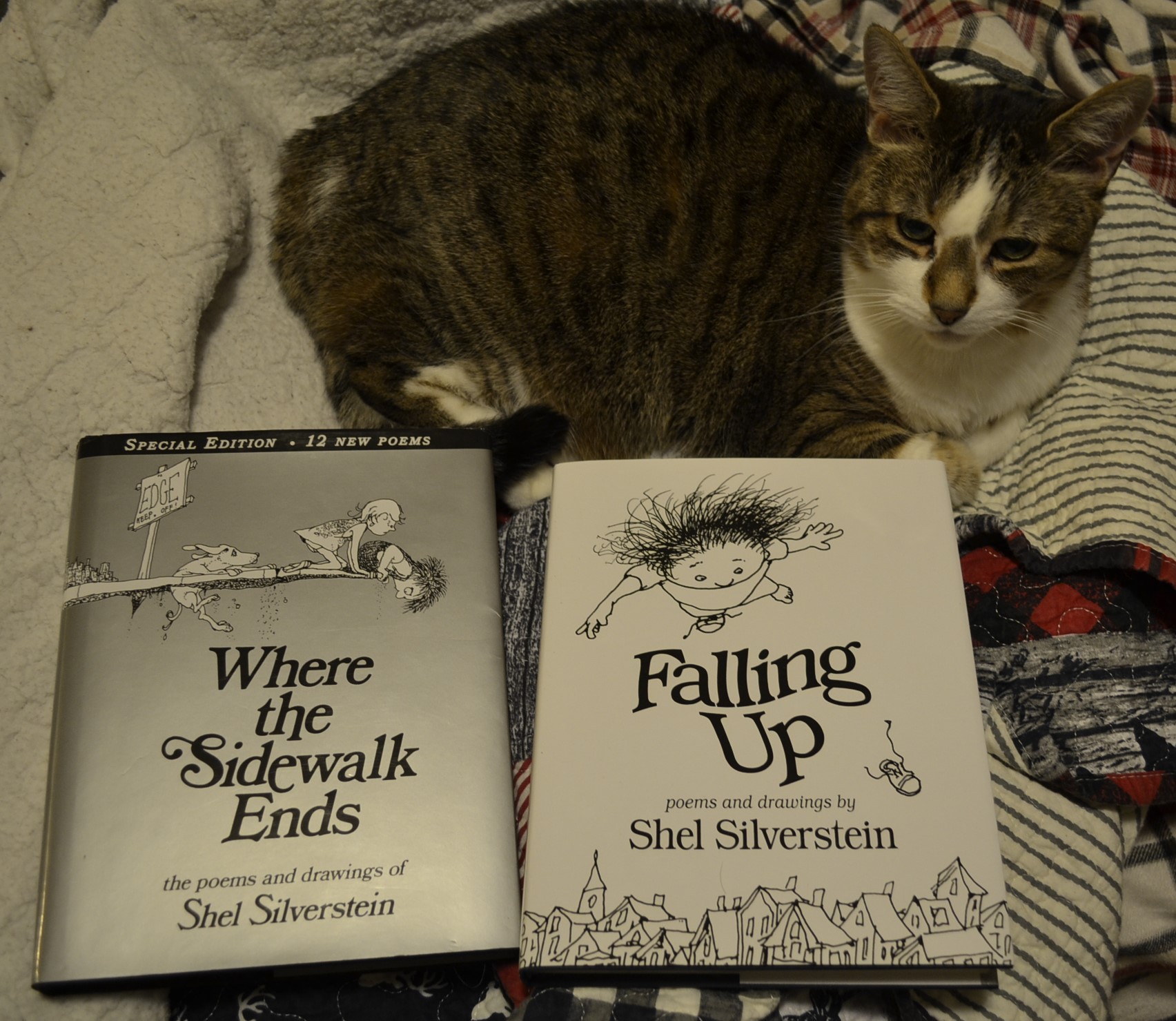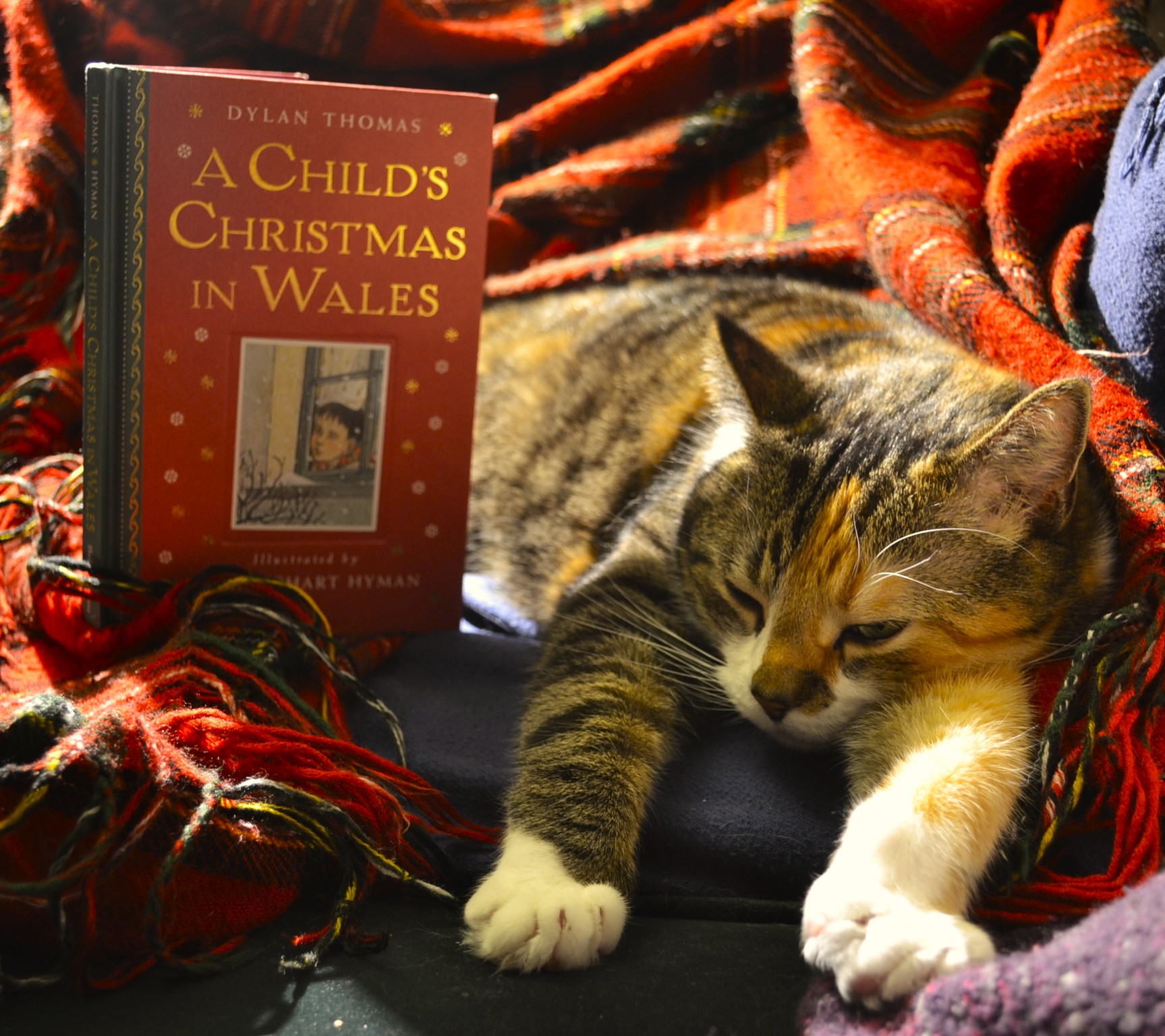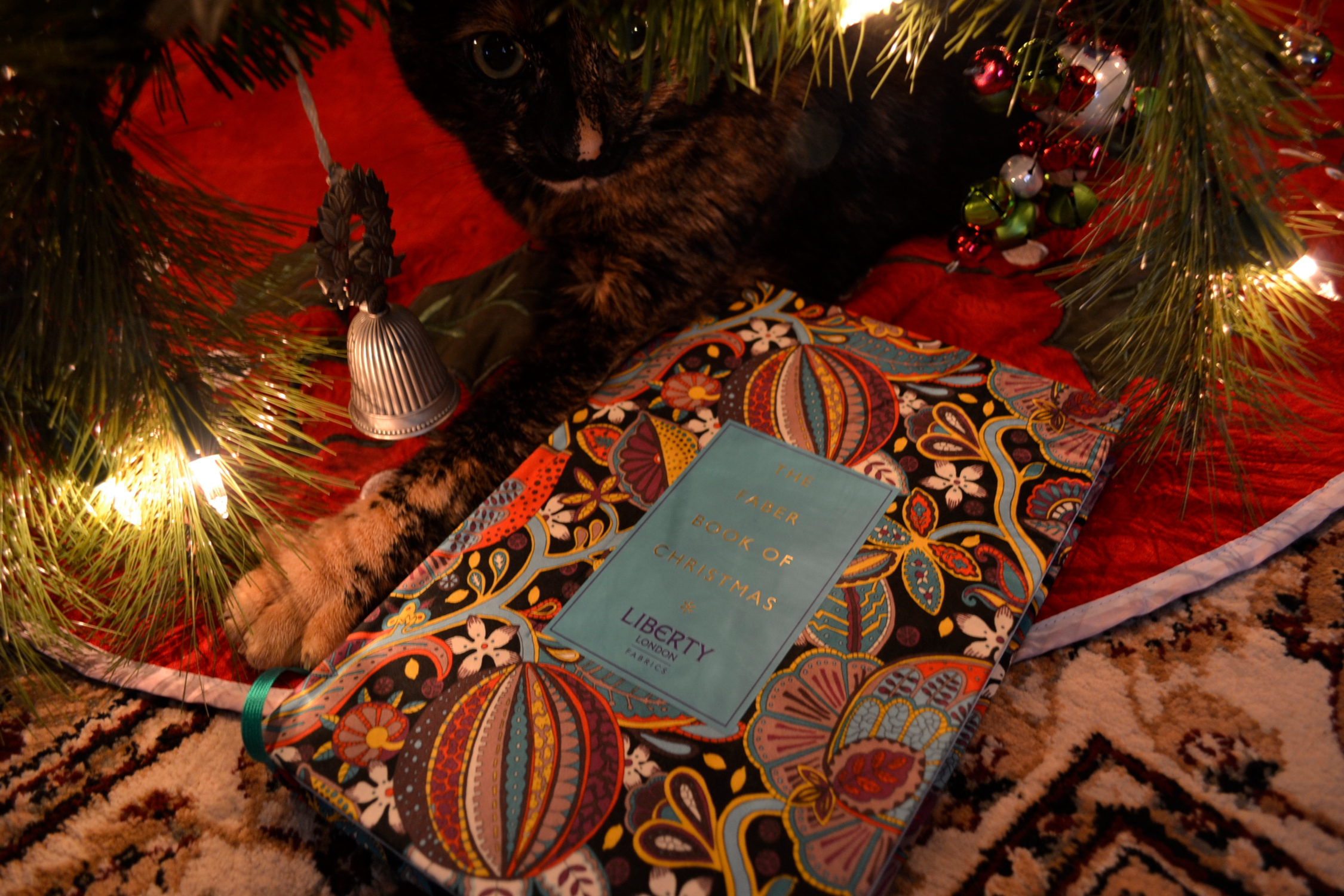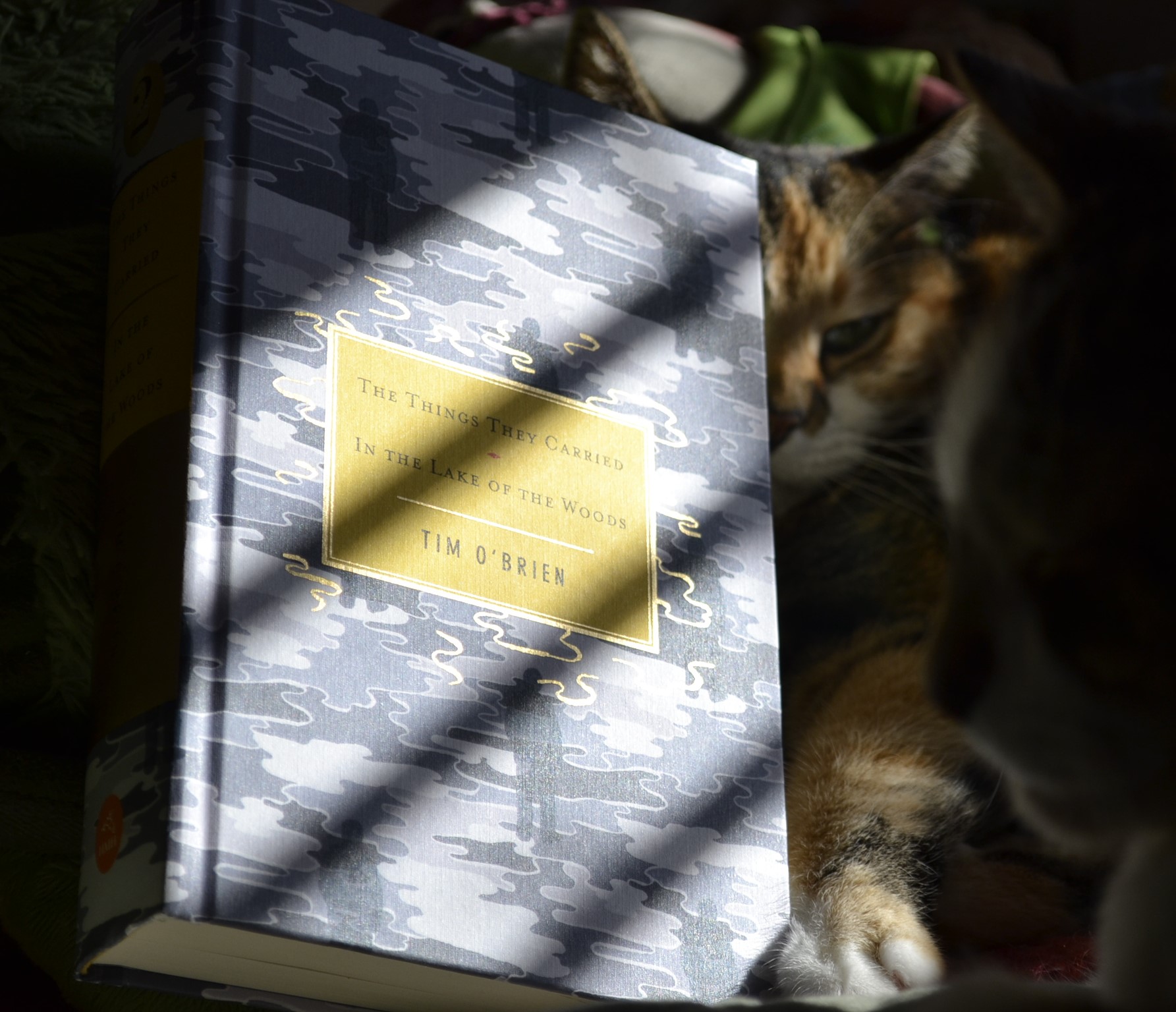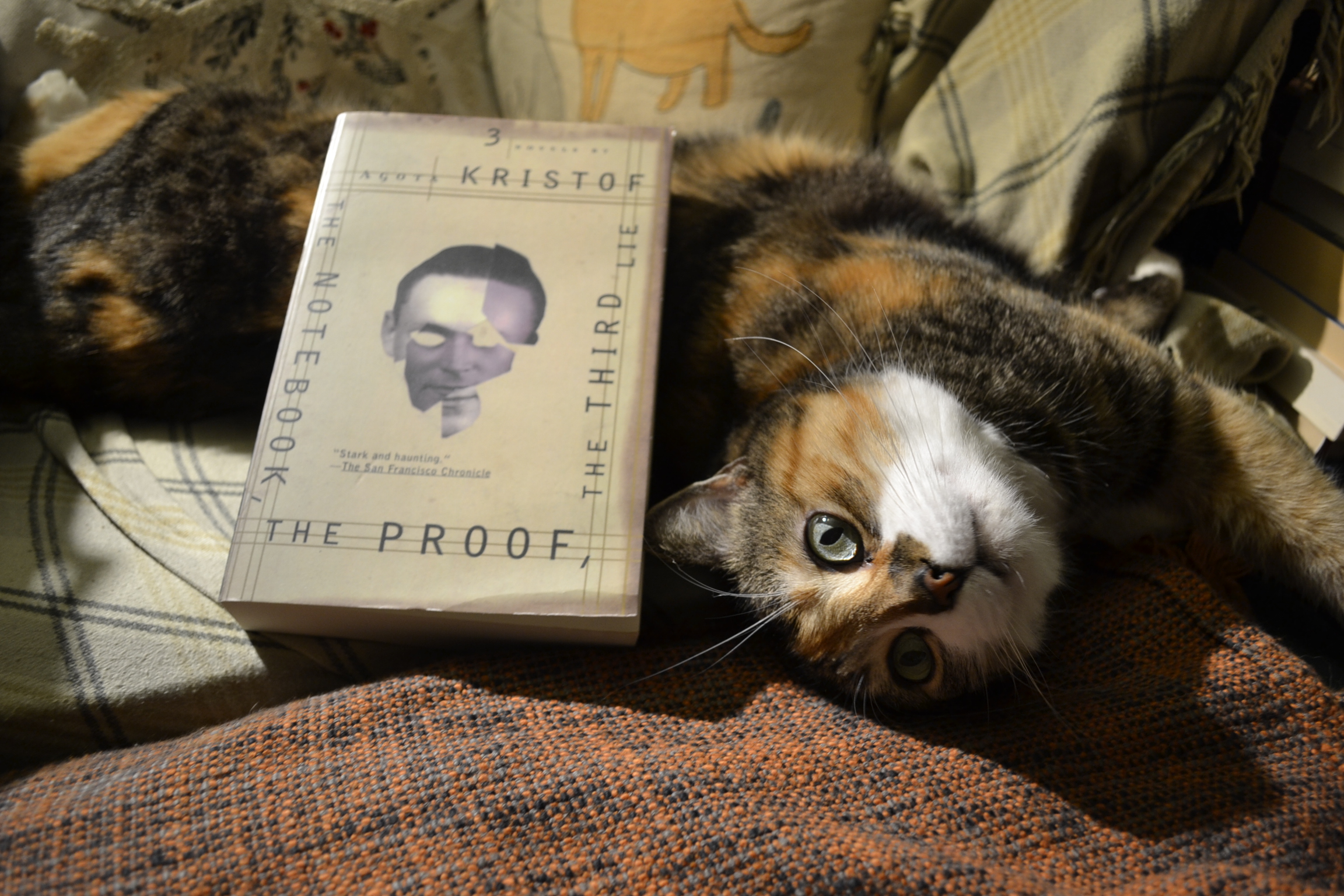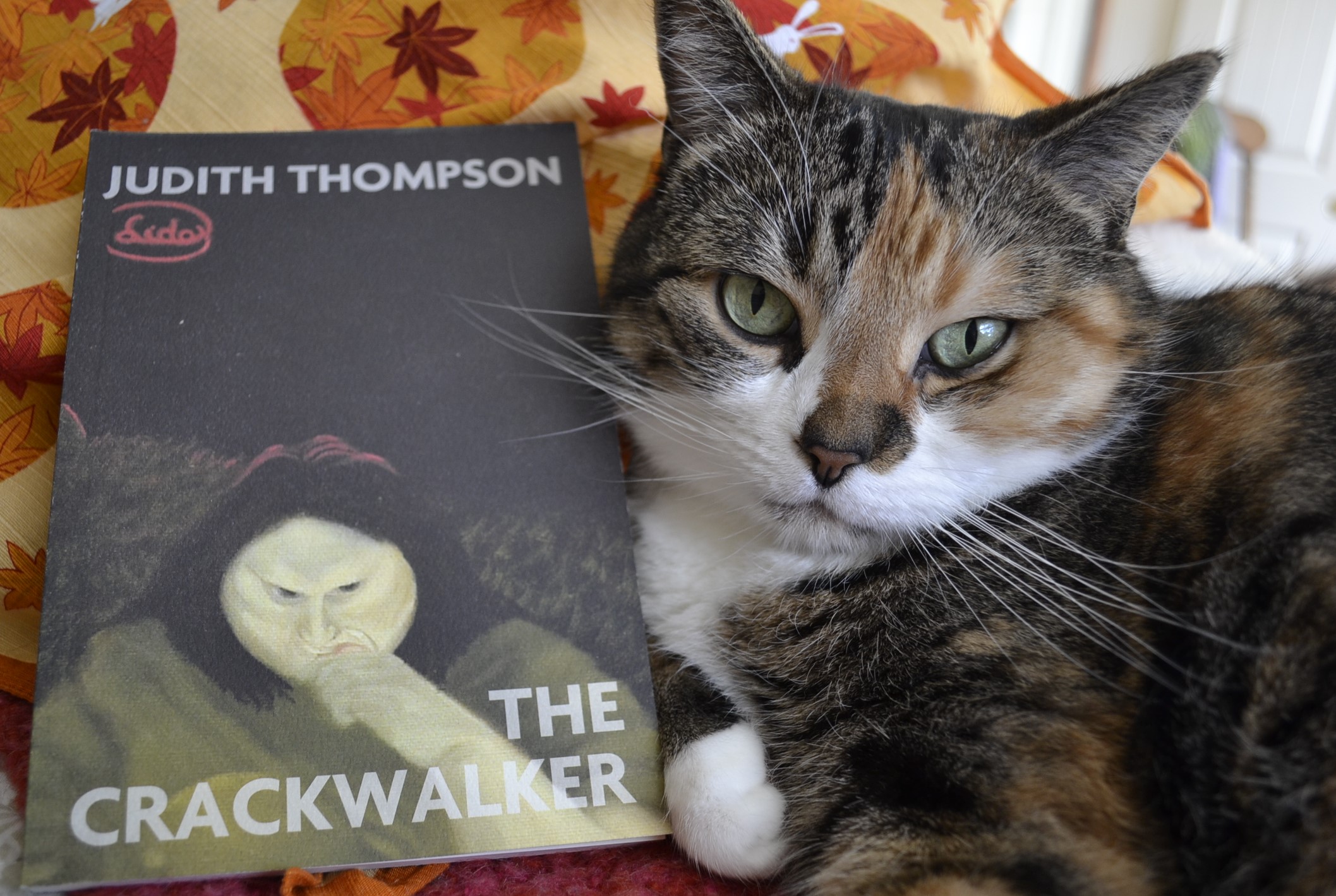Ladies of the Rachmaninoff Eyes
Van Dyke seeks to explore racism as it exists in obvious, vocally expressed prejudice but also how it can be insidiously lurking below the surface of even some acts of seeming kindness. This writer excels at character study and exploration of human relationships, which definitely keeps you turning pages at an astounding rate.
